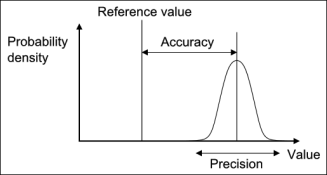- Joined
- Oct 9, 2010
- Messages
- 7,790
- Format
- 35mm RF
I have several mercury thermometers in my darkroom, some of which measure in C and some in F. When I measure the temperature of a solution I prefer to do so in F rather than C as my reasoning is that F is a more accurate scale given greater number between freezing and boiling point. Would others agree?







